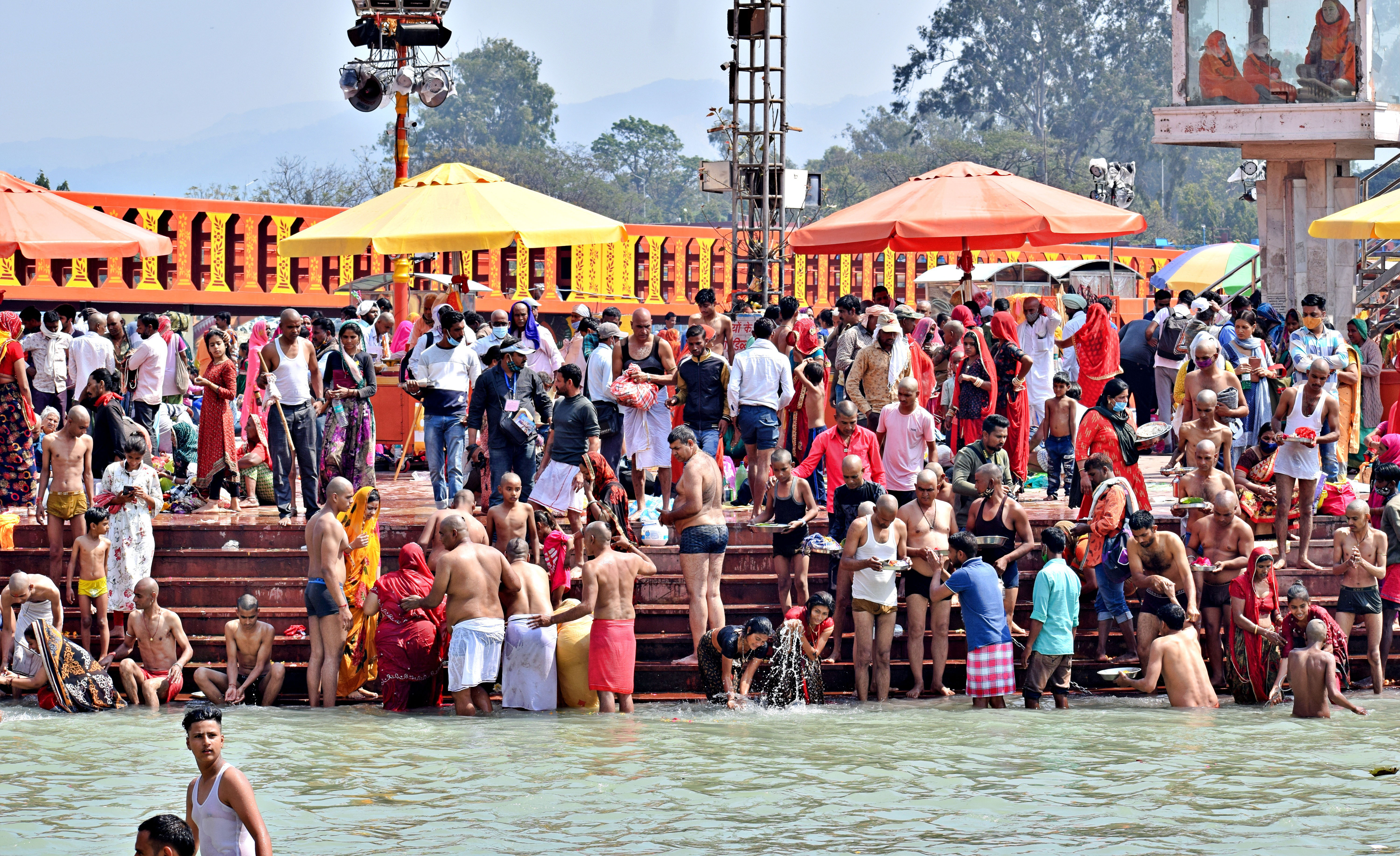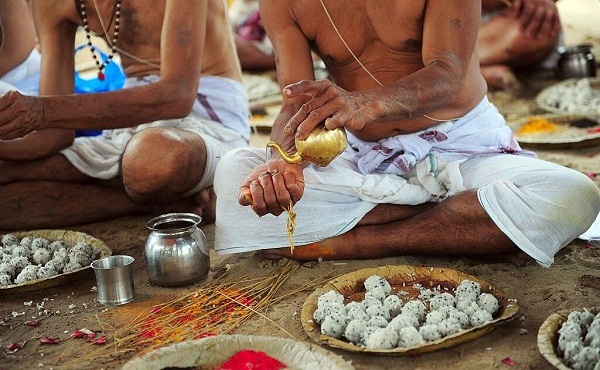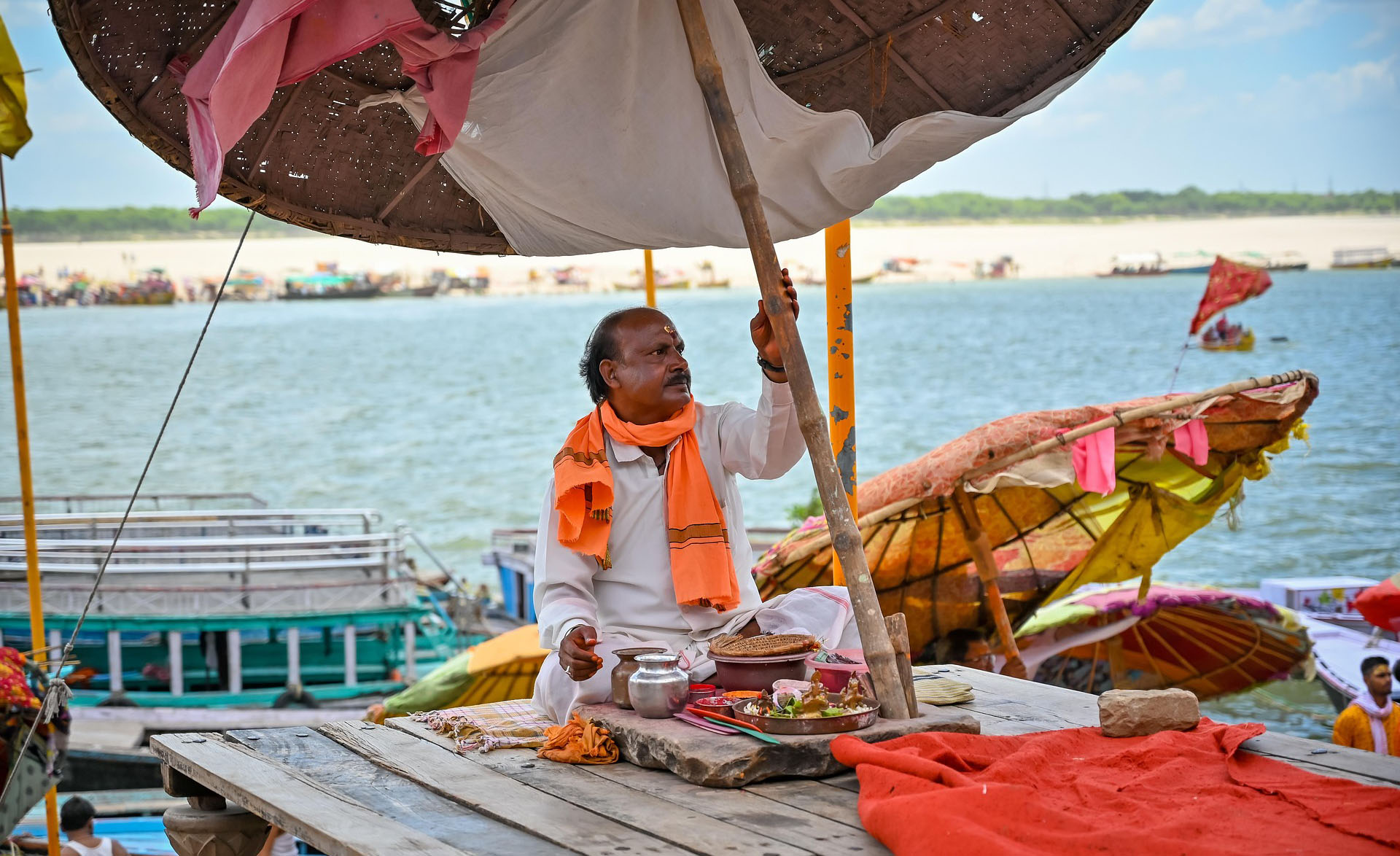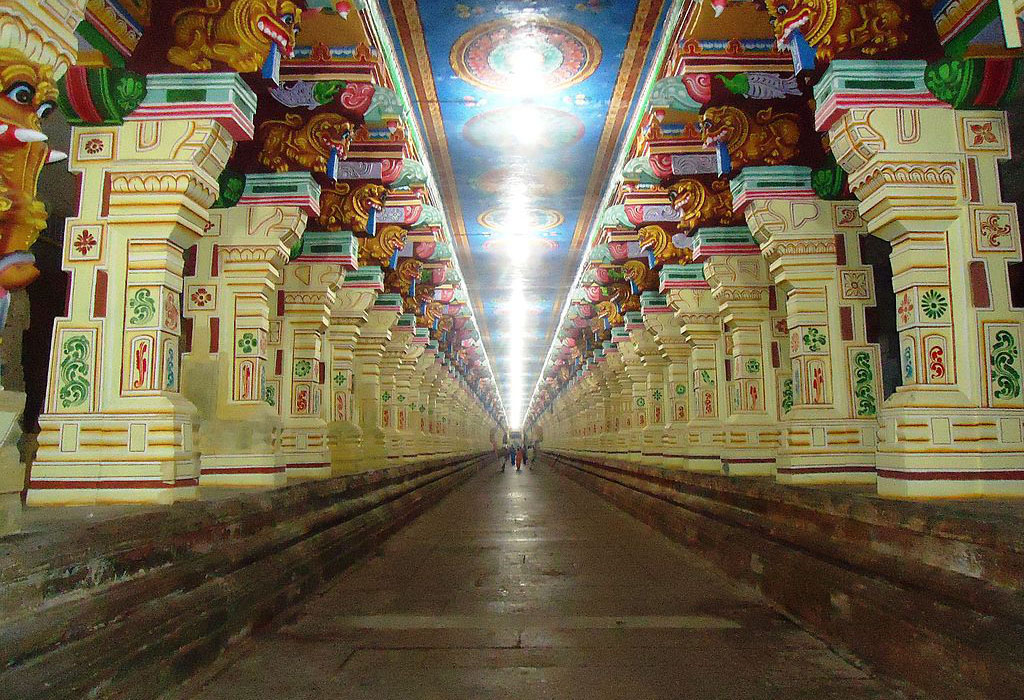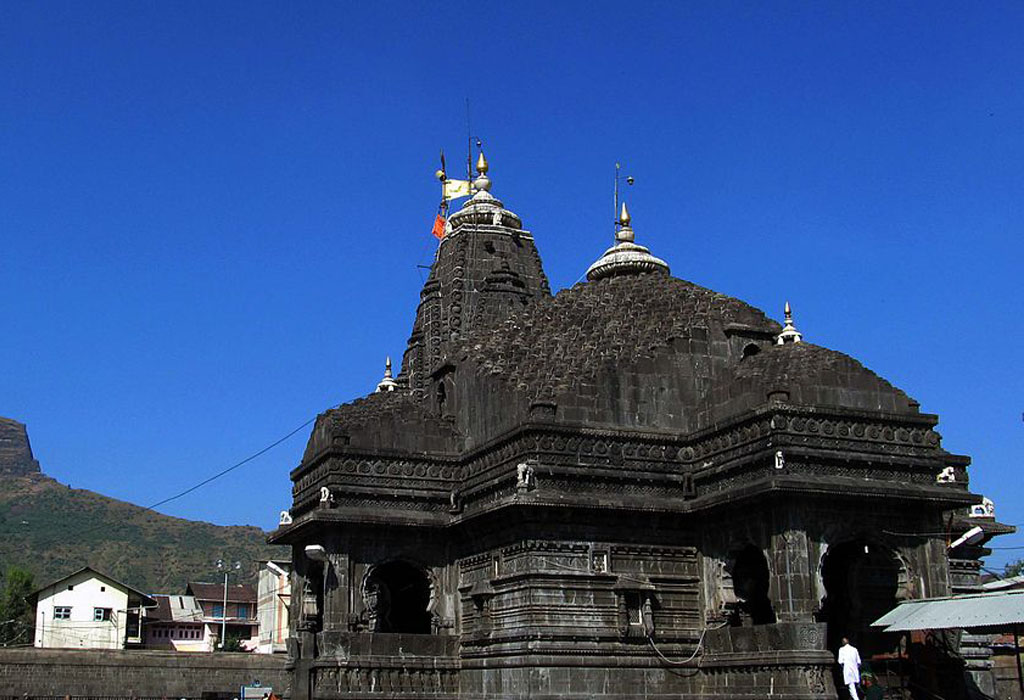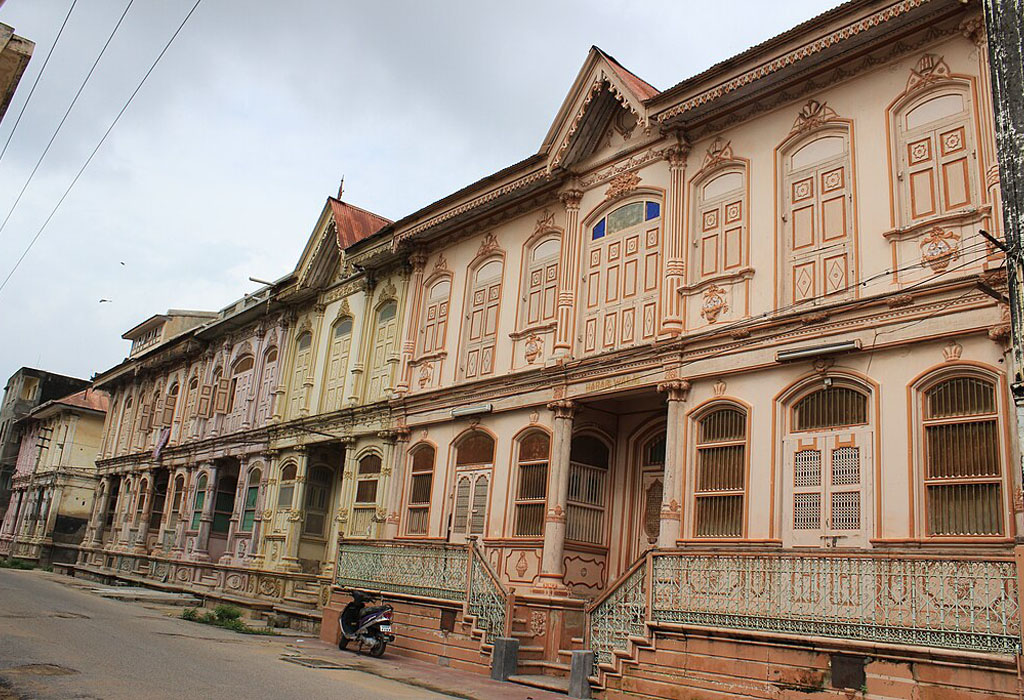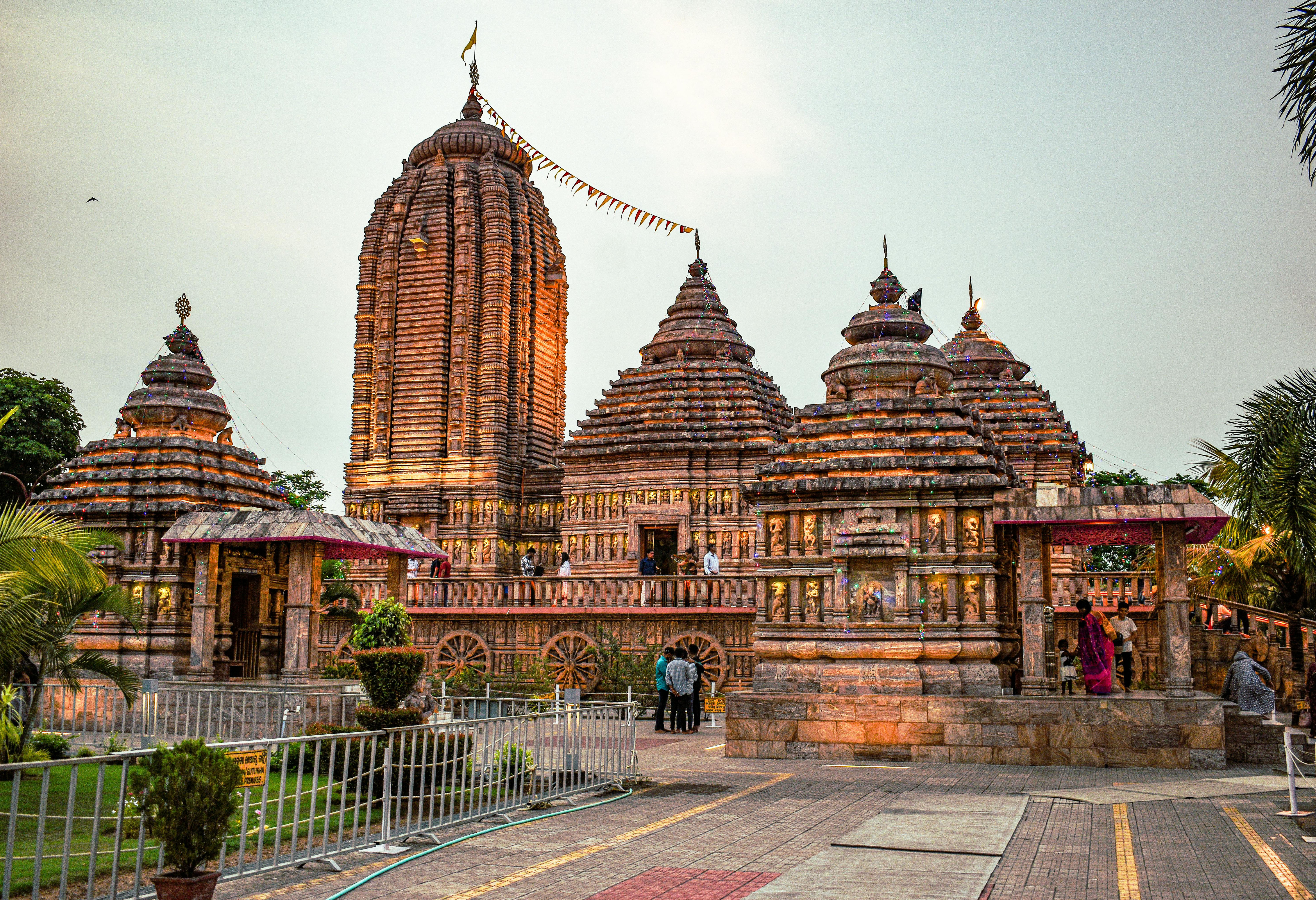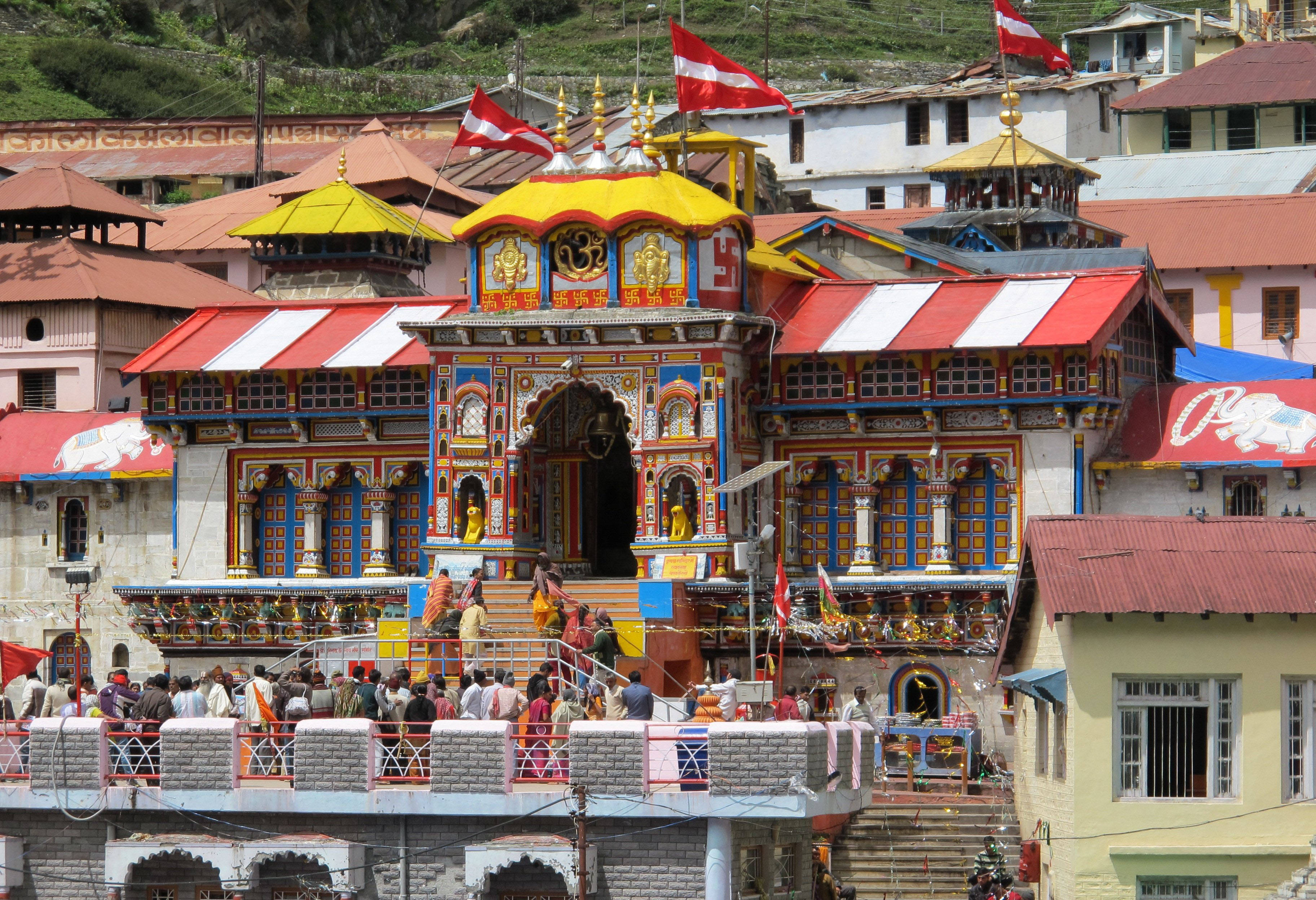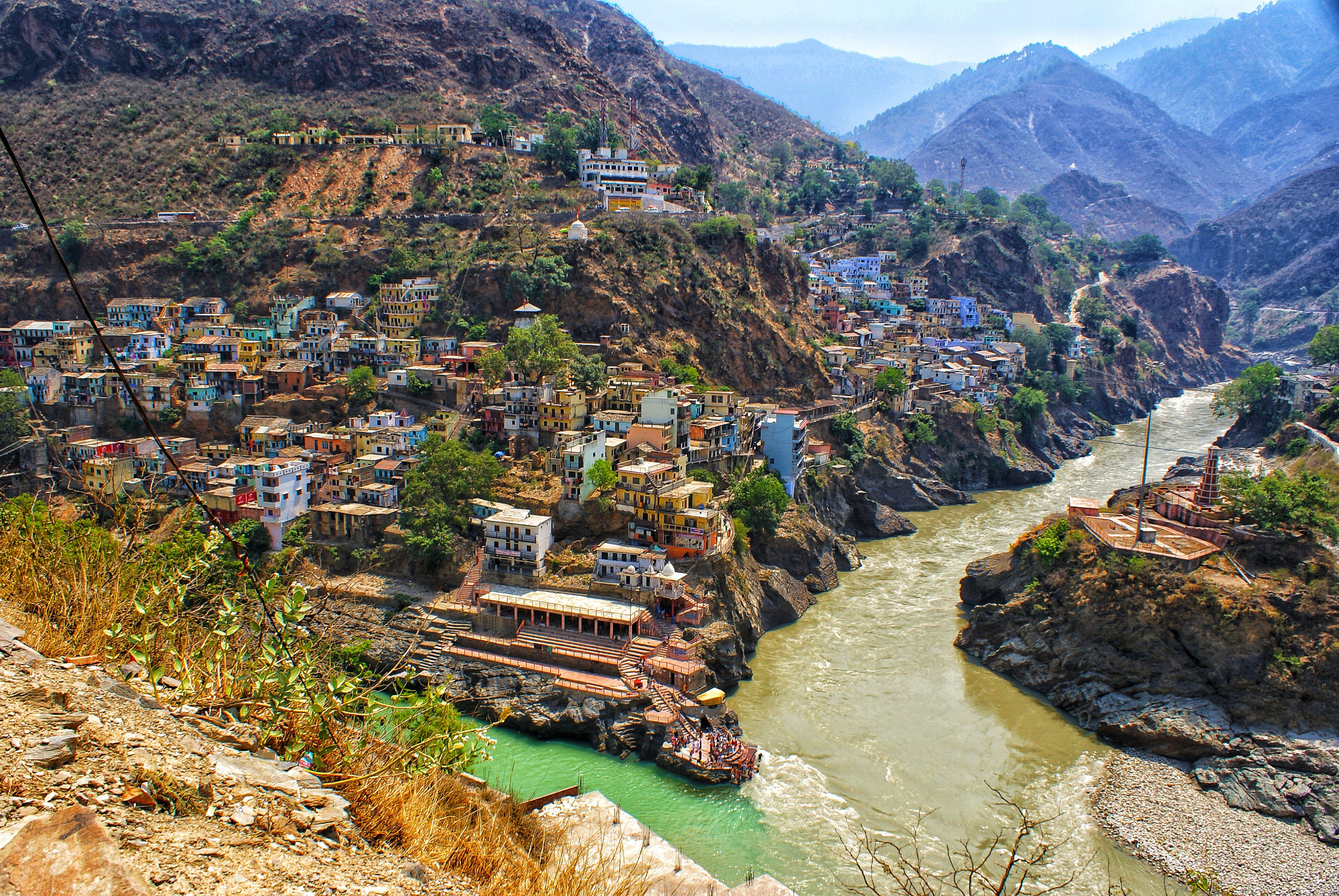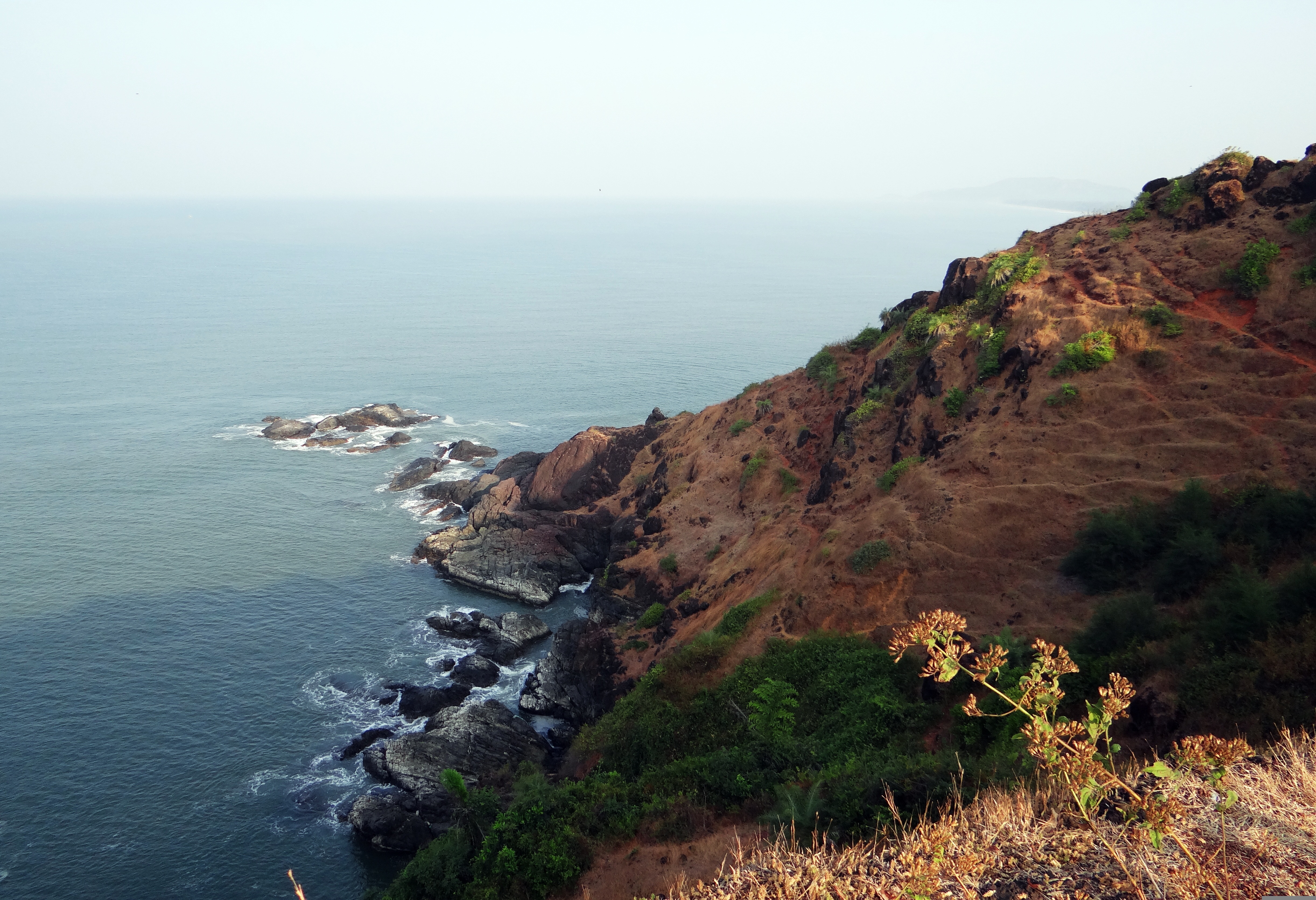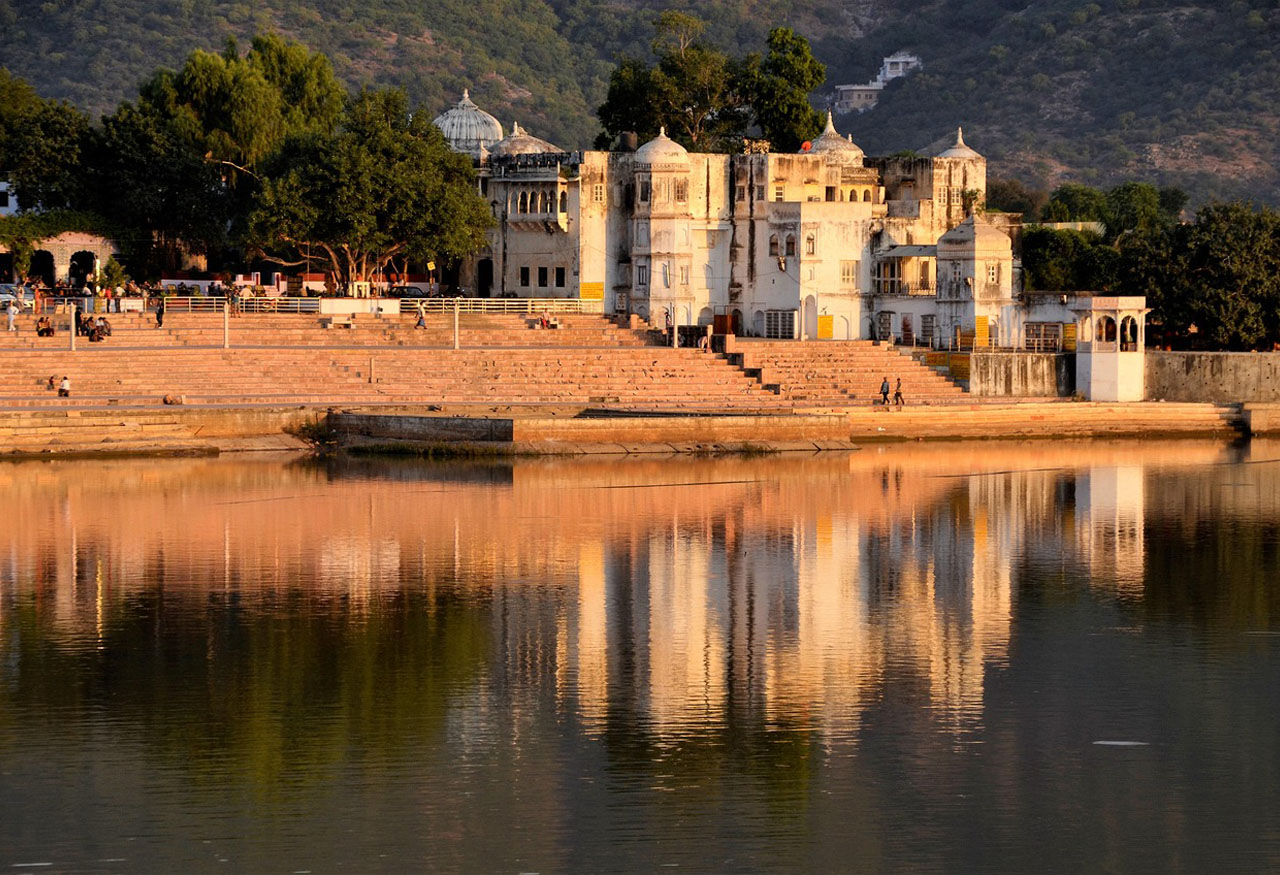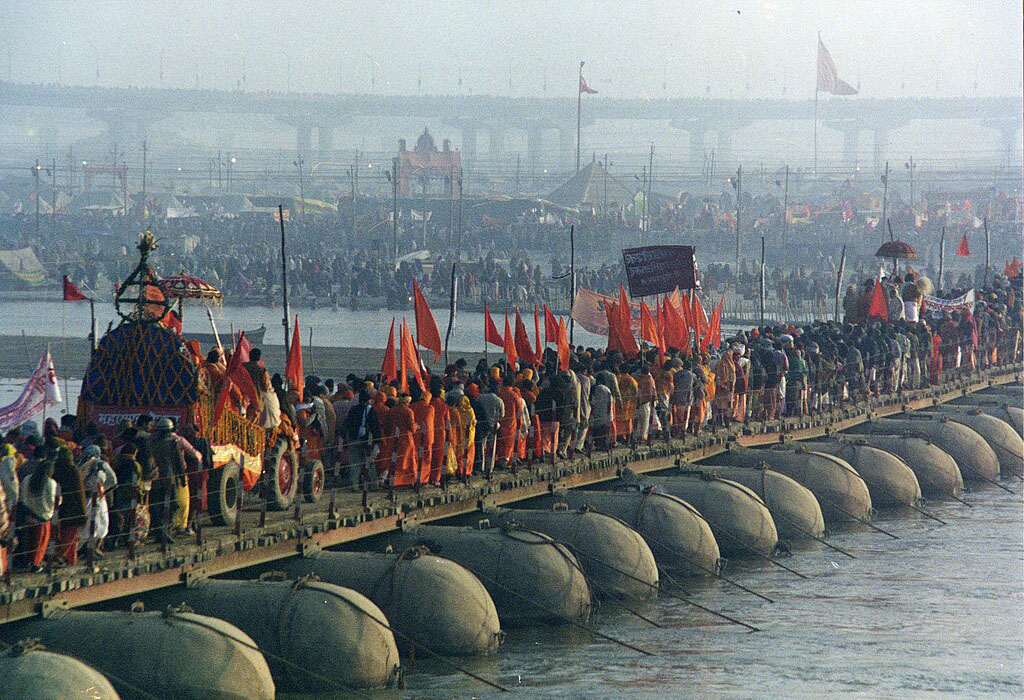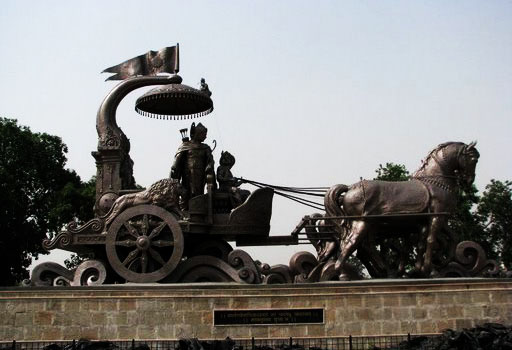Gaya, an ancient city in Bihar, is a city of rituals, remembrance, release and profound healing.
For countless generations, families from across India and around the world have travelled here,
carrying not just offerings in their hands, but love, longing, and prayers in their hearts.
According to the Garuda Purana, one of Hinduism’s sacred texts that guides the soul’s journey
after death, it states that every soul needs help to cross into the ancestral realm (Pitrloka)
and ultimately attain moksha or liberation from the cycle of rebirth. This help comes through
rituals like Pind Daan, where we offer pindas (balls made of rice, flour, sesame seeds, and
ghee) to nourish the soul and guide it onward. And among all the sacred sites in India, Gaya is
considered the most powerful and holy for performing this ritual.
The story of Gaya’s spiritual influence dates back to the Sthala Purana, which narrates the
story of Gayasura, a powerful demon who was so pure and devoted that his very body became
sacred. When the gods could no longer contain his spiritual strength, Lord Vishnu asked him to
lie down so that rituals could be performed upon him, transforming him into a sacred land for
ancestral offerings. Lord Vishnu is believed to have left his footprint at the Vishnupad Temple,
where the main rituals are performed. It is said that offering Pind Daan at this spot carries
the strength to free not just one, but generations of souls.
In Gaya, the symbolism runs deep. The Falgu River, flowing through the city, represents the flow
of karma and life. Though often dry on the surface, its underground current is said to mirror
the unseen as a parallel to the presence of ancestors, the weight of memory, and the love that
continues beyond death. Even in its silence, the river carries prayers. In fact, in the
Ramayana, Sita is said to have performed Pind Daan here on the riverbank, offering sand in place
of rice, and her offering was accepted by her ancestors, a divine testament to the purity of
intention over material form.
Gaya is truly unique in that it is a scripture, emotion, and sacred geography into one
experience. To perform Pind Daan in Gaya is to take part in something timeless, something
tender. It is a gift we give our ancestors, and perhaps even more, a gift we give ourselves, the
peace of knowing we’ve helped a soul find its way home.

